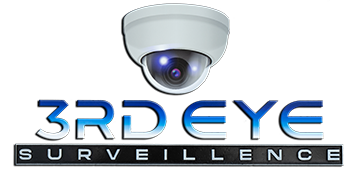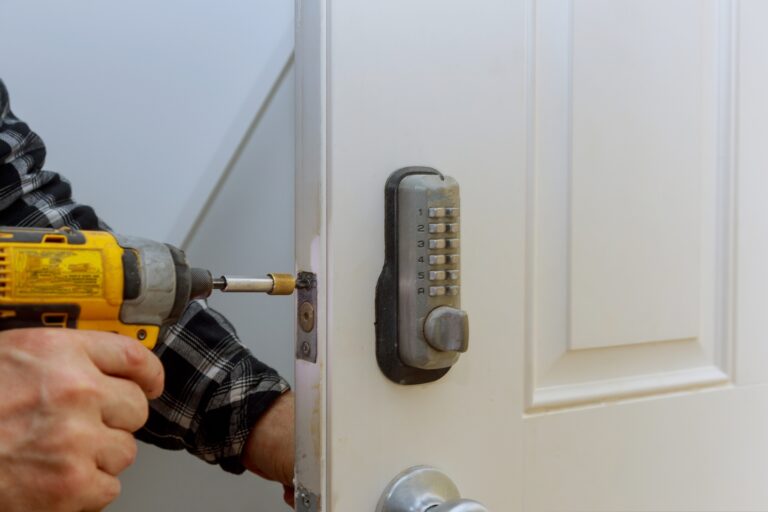In today’s fast-paced world, technology has become an integral part of our daily lives. From smartphones to smart cars, innovation is revolutionizing the way we live, work, and interact with our surroundings. One area where technological advancements are making a significant impact is in the realm of home automation.
What is Home Automation?
Home automation, also known as smart home technology, refers to the integration of various electronic devices and systems within the home to automate and streamline tasks. This includes everything from lighting and climate control to security systems and entertainment systems. With home automation, homeowners can control and monitor their homes remotely, enhancing convenience, comfort, and security.

The Benefits of Home Automation
1. Convenience: Imagine being able to adjust the thermostat, turn off the lights, and lock the doors—all with the touch of a button on your smartphone. Home automation puts control at your fingertips, making everyday tasks easier and more efficient.
2. Energy Efficiency: By optimizing the use of lighting, heating, and cooling systems, home automation can help reduce energy consumption and lower utility bills. Smart thermostats, for example, can learn your preferences and adjust temperatures accordingly, maximizing comfort while minimizing energy waste.
3. Security: Home automation offers advanced security features that give homeowners peace of mind. From smart doorbell cameras that allow you to see who’s at your door to motion-activated lights and remote monitoring capabilities, smart home technology helps deter burglars and keep your home safe.
4. Customization: One of the key benefits of home automation is its flexibility and customization options. Homeowners can tailor their smart home systems to suit their specific needs and preferences, whether it’s creating custom lighting scenes, setting schedules for appliances, or integrating voice control with virtual assistants like Amazon Alexa or Google Assistant.
5. Accessibility: Home automation can also enhance accessibility for individuals with disabilities or mobility issues. By automating tasks such as opening doors, adjusting lighting, and controlling electronic devices, smart home technology can empower people to live more independently and comfortably in their own homes.
The Future of Home Automation
As technology continues to evolve, so too will the possibilities of home automation. From advances in artificial intelligence and machine learning to the proliferation of interconnected smart devices, the future of smart homes promises even greater levels of convenience, efficiency, and connectivity.
In conclusion, home automation represents a transformative shift in the way we interact with our living spaces. By harnessing the power of technology, homeowners can create smarter, more efficient, and more secure homes that adapt to their needs and preferences. Whether it’s saving energy, enhancing security, or simply making life more convenient, the benefits of home automation are clear: it’s the future of modern living.




